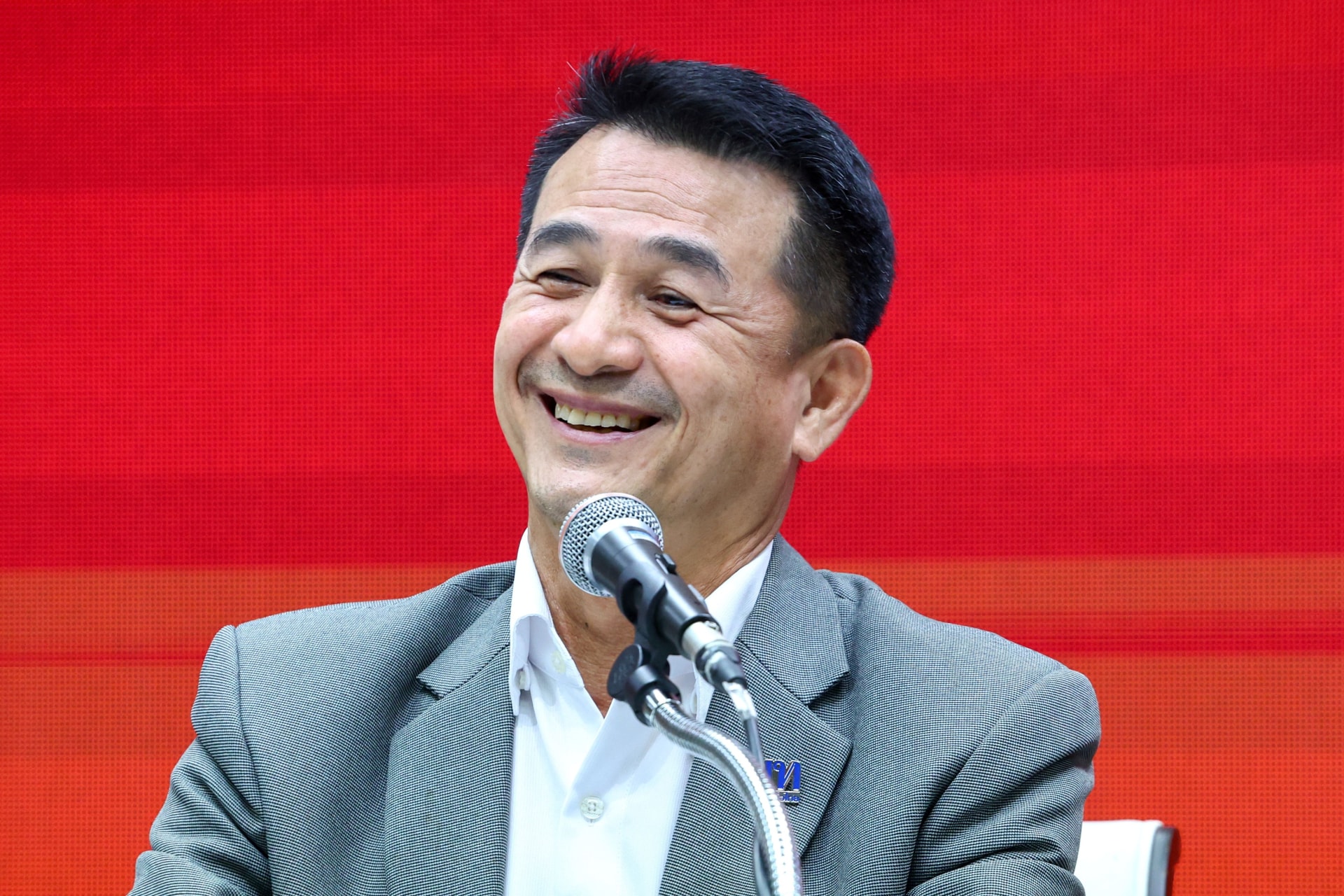Thailand’s Pheu Thai Party Takes Control—But at a Long Term Cost
The progressive Move Forward party will not be included in the next government. Instead, the Pheu Thai party, which won the second-highest number of seats, will lead a government without Move Forward.

By experts and staff
- Published
Experts
![]() By Joshua KurlantzickSenior Fellow for Southeast Asia and South Asia
By Joshua KurlantzickSenior Fellow for Southeast Asia and South Asia
After dissolving the eight-party pro-democracy coalition that included Move Forward, the progressive party that won a plurality of seats in Thailand’s recent election, Pheu Thai, the party with the second most seats, has now created a coalition government with itself at the head, working with a series of smaller parties. Pheu Thai has nominated Srettha Thavisin, a wealthy former CEO of a major real estate company with almost no political experience, as their candidate for prime minister.
With Move Forward now consigned to the opposition, it is almost certain that Srettha will be confirmed as prime minister. Unlike Move Forward’s leader, who had the first opportunity to form a coalition, Srettha does not support changing the draconian lese-majeste 112 law, which prevents Thais from critiquing the monarchy. His support for the status quo makes him acceptable to the 250 military-appointed senators who make up the upper house of the parliament and whose refusal to vote for the initial eight-party coalition doomed its chances. Even though the Move Forward coalition had a majority of seats in the 500-person lower house, leader Pita Limjaroenrat needed a combined 376 votes from the upper and lower houses to become prime minister. This requirement grants the conservative, military-appointed senators of the upper house vast power over the ultimate makeup of parliament.
For nearly two decades, Pheu Thai was known as the party fighting for democracy and economic equality in Thailand—coups twice removed its prime ministers. Early in Pheu Thai’s existence, when Thaksin Shinawatra was prime minister, the party passed a series of populist policies that brought universal health care and other important benefits to Thailand. (Thaksin, however, was at times a dubious democrat himself, overseeing extrajudicial killings in southern Thailand, intimidating the press, and trying to alter other institutions.) Still, for two decades, Pheu Thai was generally regarded as the main pro-democracy party. However, it always remained highly transactional and did not push for the type of major institutional changes, like lese-majeste reform, that are becoming increasingly popular in Thailand.
Now, having discarded Move Forward and made a coalition with a series of older and fairly conservative parties, Pheu Thai—though it will now govern—has probably given up its credentials as the party of democracy. For example, younger Thais demonstrated outside Pheu Thai’s offices and burned Pheu Thai leaders in effigy in response to the announcement. Pheu Thai will be seen, particularly by younger Thais, as just another part of the Thai establishment, which for years now has refused to respect the popular will.
To its credit, Pheu Thai has refused to allow openly pro-military parties in its coalition—though that is a weak gesture since Pheu Thai did not need the support of those smaller parties to govern. Pheu Thai also has promised a referendum on whether to create a new constitution. If Thais do vote for a new constitution, Pheu Thai claims it will dissolve parliament. We will see; I personally doubt that Pheu Thai, while in power (and with Thaksin himself soon returning to Thailand, and likely making amends with the establishment and monarchy), would call such a referendum.
These are modest positive steps showing Pheu Thai may realize that its actions look horrible to many Thai democrats and that it is trying to show it still represents a vision of Thai democracy.
But many Thais, particularly younger ones, have moved past Pheu Thai’s incremental approach (although the referendum would represent a substantial change) and want major institutional reforms to all manner of Thai institutions, including the monarchy. That is why, even though polls initially predicted Pheu Thai would dominate the election, it actually did poorly. And the younger voters who backed Move Forward are the future of Thai politics.
